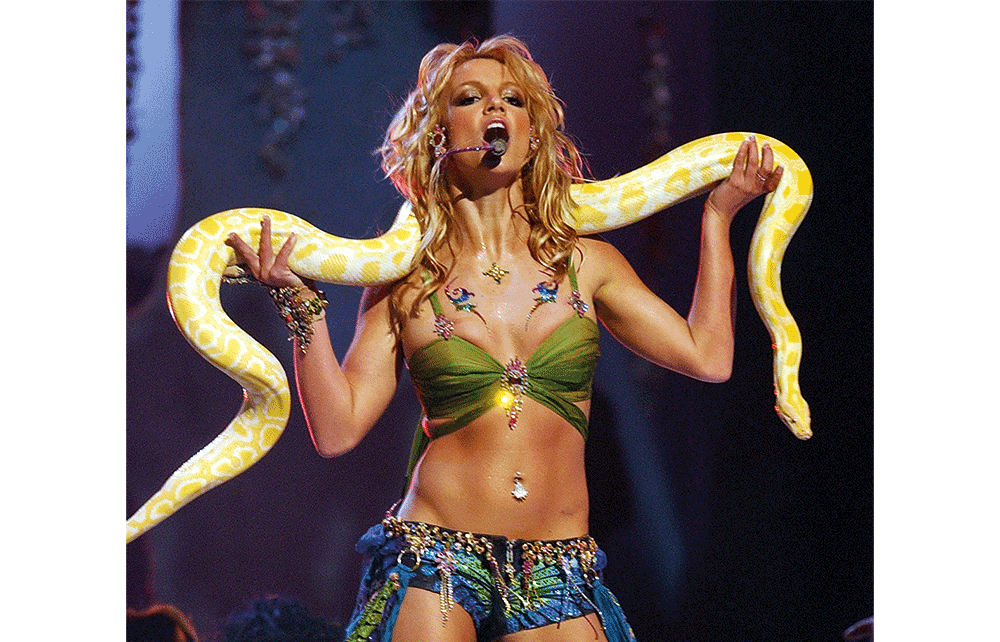Every week I check the weather in Longyearbyen, the main settlement in Svalbard. It’s about as close as you can get to a gulag with a human face – a heap of wooden houses where around 2,000 people live. It has a couple of stores and restaurants, and even a very small university. Outside the two streets, there’s much open space in which to walk. You don’t have to go far before being greeted with warning signs: ‘Don’t walk beyond this line without a gun! Danger of polar bears!’ At the door to all the cafés there is another sign: ‘Please leave your guns at the entrance!’ How can you not love a settlement like this? I can imagine living here. My life would be simultaneously a holiday and hard work – as I always imagined communism.
That said, I don’t hate Ljubljana, where I reside. My memories of a youth under communism are much better. In the early 1970s, we got the last Indian summer of more hard-line communism, so that, after finishing my studies, I wasn’t able to get a job. Even this proved to be a blessing in disguise. After a couple of years of unemployment, I got a post at a small research institute which gave me time to travel around, study abroad and establish professional links. The supreme irony is that, without the ‘Stalinist oppression’ of the mid-1970s, I would have been given a post at the university. I’d now be a little-known professor in Ljubljana, losing time with noisy and inquisitive students.
Britney Spears has reached a settlement with her estranged father more than two years after the court-ordered termination of a conservatorship that had given him control of her life. I wasn’t in the least surprised to learn that, when she finally achieved the long-desired freedom, her personal life went into freefall. To explain, one has to go back to an interview she gave to MTV in 2003 when she was asked about the second Gulf War. ‘I don’t quite understand it,’ she said. ‘All I know is that, at a certain point, we ordinary people should simply trust our president in every decision he makes and should just support that, and be faithful in what happens.’ Obviously, she applied the same rule in her dealings with her father, trusting him in every decision she made. She’s paying the price for it.
At the time I coined this the ‘Britney Spears Theory of Action’. The lesson to be drawn from her mishap is that, in our political life, the era in which we could trust those in power is over. If we don’t regain a truly critical attitude, not just a cynical distance towards those in power, we all may end up like Spears did. Does anyone really think we can trust our leaders today in every decision they make?
With some delay, I saw the Japanese-German film Perfect Days. Koji Yakusho plays Hirayama, a toilet cleaner in Tokyo, who is content with his simple life. From dawn, he follows a ritualised daily rhythm. His free time is dedicated to his passion for music, listening to records in his van to and from work, and reading books every night before bed. He would be an ideal listener of Taylor Swift. Her music ideally fits today’s predominant mode of subjectivity: it avoids both extremes of neoconservative populism and of left-liberal politically correct stiffness, focusing instead on the apolitical sphere of broken love affairs and similar daily traumas or small pleasures. This is why her anti-Trump stance provokes fury and even conspiracy theories. The US elections will be won by the party who attracts the majority of the apolitical youth.
We have been bombarded by news about how criminal gangs have taken over the public space in Haiti. This decay of public power is not limited to third-world countries like Haiti. Western focus should be on Israel as a first-world failed state. Away from Gaza, Israelis continue to menace Palestinians in the West Bank. They are doing this while the Israeli army and police stand idly by. Is this not another case of illegal gangs openly violating the law?
Recently, I have been obsessively listening to podcasts about Tristan da Cunha, the 98 sq km island in the middle of nowhere in the South Atlantic. On 10 October 1961, a volcanic eruption forced the evacuation of all 264 people to the UK. In 1963 almost all of them returned, withstanding the temptation of developed capitalism. The island has a unique social and economic structure based on solidarity, not competition. All the resident families farm and all land is communally owned… in short, it is a communist island. So much more than Bhutan with its ridiculous ‘dictatorship of happiness’, Tristan da Cunha should serve as a model for all of us.







Comments